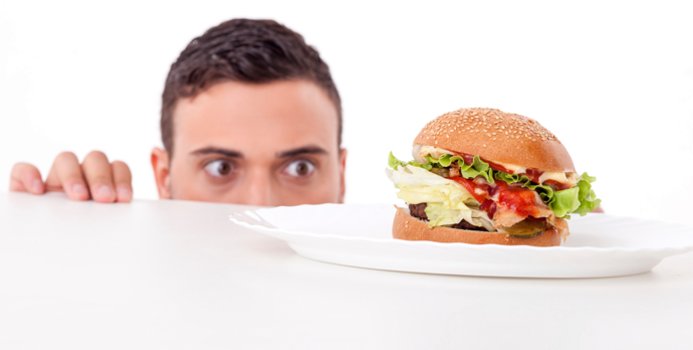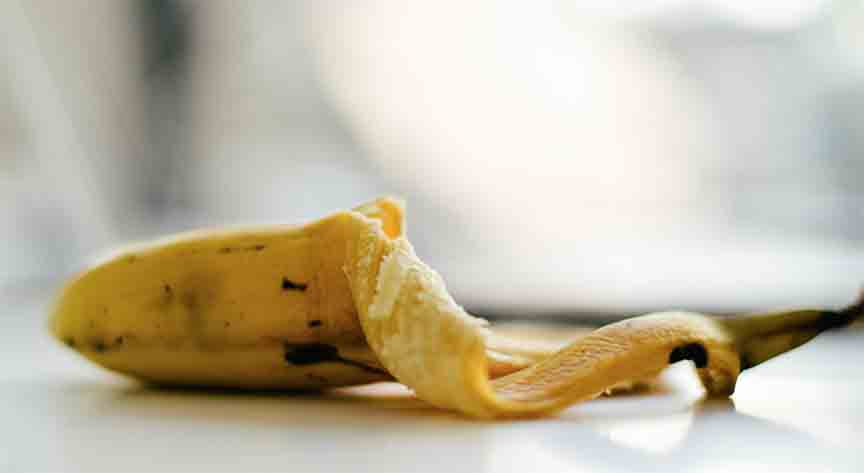1. Nutrient Deficiencies
With the exception of sweets and other added sugars, if you’re craving certain foods you may be deficient in some essential nutrients. For example, if you’re craving meat you could be deficient in iron or protein, and if you want fruits and veggies your body might lack certain vitamins, minerals, or fiber. Craving dairy foods may be a sign your body needs more calcium or vitamin D. Taking a daily multivitamin supplement helps prevent nutrient deficiencies.
2. Medical Conditions and Medications
If you’re craving salty foods, it could be a sign of an underlying medical condition — or you’re losing large amounts of sodium through sweat. According to Mayo Clinic, salt cravings might mean you have adrenal insufficiency (Addison’s disease) or a rare kidney disorder (Bartter syndrome). A 2008 review published in Physiology and Behavior reports that taking certain medications — like furosemide, loop diuretics, or ethacrynic acid — can also increase your craving for salty foods.
3. Sleep Deprivation
Sleep deprivation has been linked with weight gain in numerous studies, and research indicates that lack of sleep also leads to food cravings. One 2013 study published in Nature Communications reports that sleep loss is associated with cravings for higher calorie foods like sweet, salty, and starchy foods. To help prevent excessive calorie intake and unwanted weight gain, aim to get at around 7 to 8 hours of sleep nightly, suggests the Centers for Disease Control and Prevention (CDC).
4. Hormone Fluctuations
When your hormones are out of whack, you might notice cravings for certain foods. For example, many women experience hormone fluctuations during pregnancy and at certain times during their menstrual cycles. Because of such hormone fluctuations, you might eat more than usual or crave salty or sweet foods. A 2013 issue of Psychology Today reports that among U.S. women, the most commonly craved foods during pregnancy are dairy foods and sweet foods like juice, fruit, and chocolate. Harvard Health Publications notes that hormone fluctuations induced by stress may be responsible for craving sugary and high-fat foods.
5. Sugar Dependency
If your cravings are mainly for sweet, sugary foods, you might have a sugar addiction. One 2013 review found that consuming sugar and other sweet foods leads to feelings of reward and cravings similar to, and possibly greater than, addictive drugs like cocaine. Another 2010 review found that even calorie-free artificial sweeteners can induce sugar cravings and dependence because they taste sweet, and can contribute to unwanted weight gain. The good news is that while often a difficult task, sugar addiction can be broken after a few days to a week of avoiding sweets in your diet.




